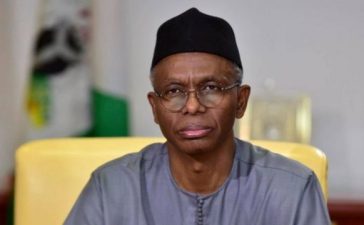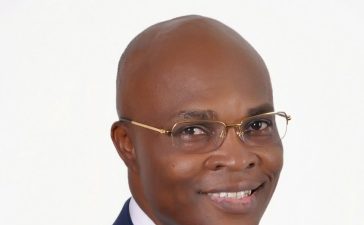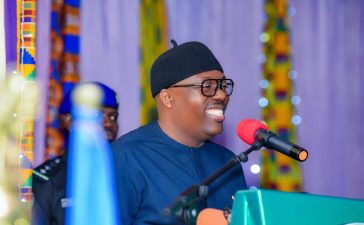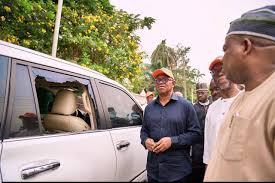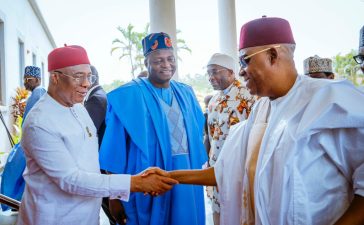Minister of the Federal Capital Territory (FCT), Nyesom Wike, has urged African leaders to abandon the continent’s overreliance on foreign aid and embrace a model of development driven by innovation, accountability, and visionary leadership.
Speaking on Thursday at the 2025 Innovate Africa Conference held at the ECOWAS Conference Hall in Abuja, Wike said Africa’s transformation will not come from donor-driven programmes but through indigenous creativity, bold leadership, and productive investment in infrastructure, youth, and human capital.
Delivering a keynote address on the theme “Reimagining Africa’s Leadership and Investment,” Wike said it was time for the continent to rise beyond the “rhetoric of aid and dependency” and chart a new course for economic sovereignty.
“Foreign aid, once embraced as a bridge to development, has too often become a crutch that weakens resolve and distorts priorities. Development cannot be donated; it must be built,” Wike declared.
“Africa must now be defined not by grants and conditionalities, but by ideas, innovation and indigenous strength.”
The former Rivers State governor, who received the Innovate Africa Leadership Award 2025, dedicated the honour to President Bola Tinubu and the Nigerian people. He described the recognition as a reflection of “purposeful governance and infrastructural renewal” in the FCT.
Wike commended President Tinubu’s “bold and difficult” economic reforms, particularly the removal of fuel subsidy and efforts to decentralize governance, which he said are restoring fiscal stability and investor confidence.
He also argued that Africa’s greatest challenge lies not in its lack of resources but in a deficit of quality leadership, urging leaders to embrace accountability and courage.
“Leadership is the fulcrum upon which the destinies of nations turn. When leadership is visionary, accountable, and courageous, even the most daunting obstacles become opportunities,” he said.
Wike called for a shift in Africa’s investment philosophy—from extractive to productive and inclusive investment—emphasizing that the continent’s greatest asset is its youthful population.
“Our greatest resource is not oil, minerals, or fertile soil—it is our people,” he said. “With 70 percent of Africa’s population under 30, the continent is sitting on a demographic goldmine that must be harnessed through education, digital literacy, entrepreneurship and innovation.”
He also hailed the African Continental Free Trade Area (AfCFTA) as a beacon of hope for economic self-reliance, describing it as “the modern reawakening of the Lagos Plan of Action” and a cornerstone of Africa’s second liberation—the liberation of its economy.



